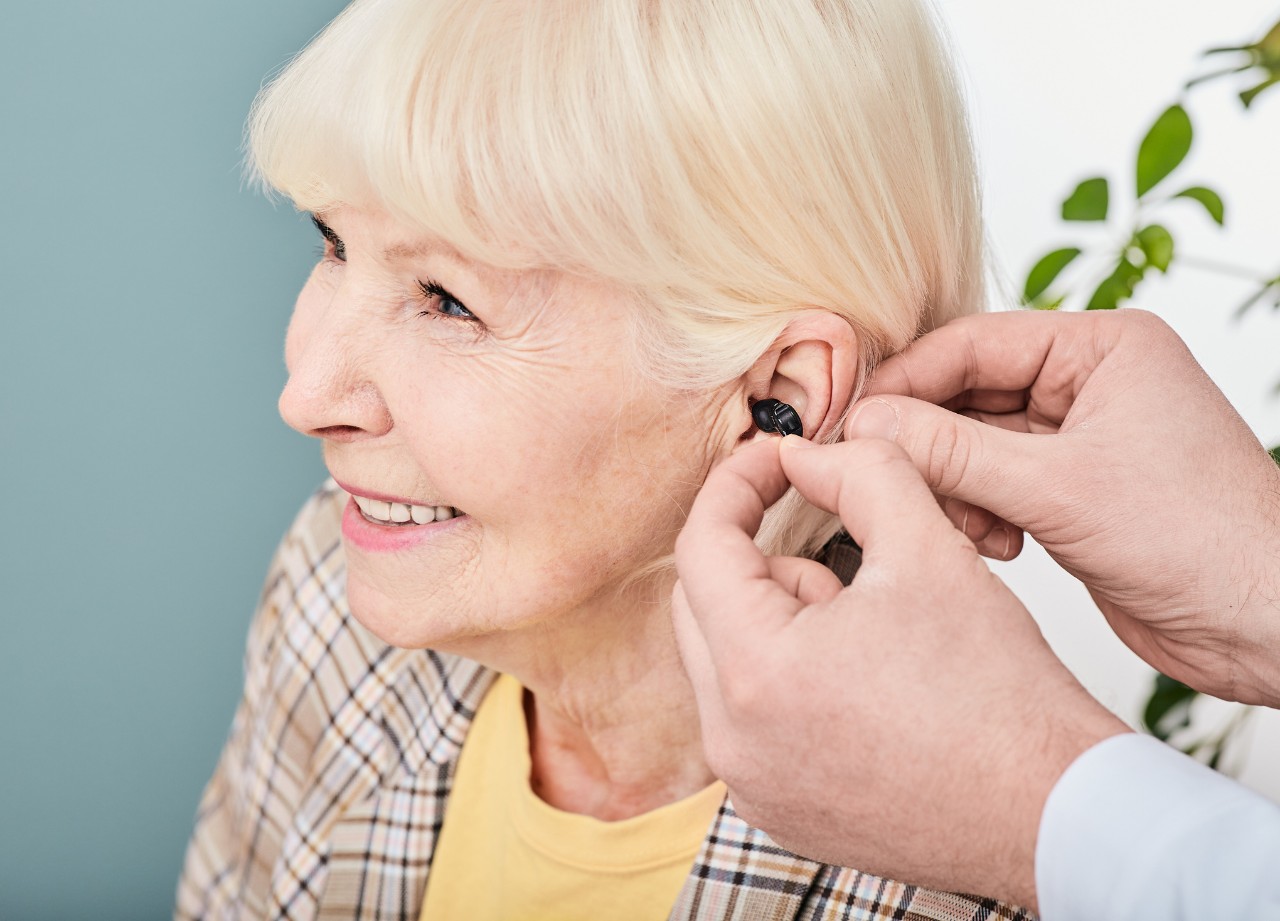The Alabama legislature has taken a significant step towards improving access to hearing healthcare by passing a bill that exempts hearing aids from state sales tax.
This change, effective October 1st, 2024, eliminates a financial barrier for residents who rely on these devices for daily communication according to rocketcitynow
Previously, Alabama was one of only three states that levied a sales tax on hearing aids. Representative Margie Wilcox, a key proponent of the bill, highlighted the issue’s impact on her constituents.
“A set of hearing aids can cost thousands of dollars,” Wilcox stated, “and the added tax burden created a hardship for many Alabamians seeking this essential healthcare.”
The new law tackles the issue at two levels. The state sales tax on hearing aids will be eliminated, providing immediate relief upon implementation.
Additionally, individual cities and counties will have the authority to follow suit and remove their own local sales taxes on hearing aids.
The city of Madison has already expressed its intention to do so, becoming the first Alabama municipality to endorse the complete exemption.
Related Articles:
- Fatal Car-Train Collision on Highway 555 near Raton
- Attention Cat Fanciers: Adorable Lynx Mix Seeks Furever Home
- Texas Mothers Face Charges for Leaving Children in Hot Cars
This move aligns with the Alabama Department of Rehabilitation Services’ (ADRS) focus on improving access to hearing healthcare.
ADRS Commissioner Jane Elizabeth Burdeshaw emphasized the financial burden previously faced by residents: “For individuals with limited income, the added cost of sales tax could prevent them from acquiring hearing aids, hindering their ability to participate fully in daily life and potentially impacting employment opportunities.”
By eliminating the sales tax on hearing aids, Alabama is making a positive impact on the lives of its residents. Improved access to hearing healthcare can lead to better communication, social interaction, and overall well-being.
This change signifies a commitment to a more inclusive and engaged citizenry, ensuring Alabamians with hearing loss have the resources they need to thrive.

